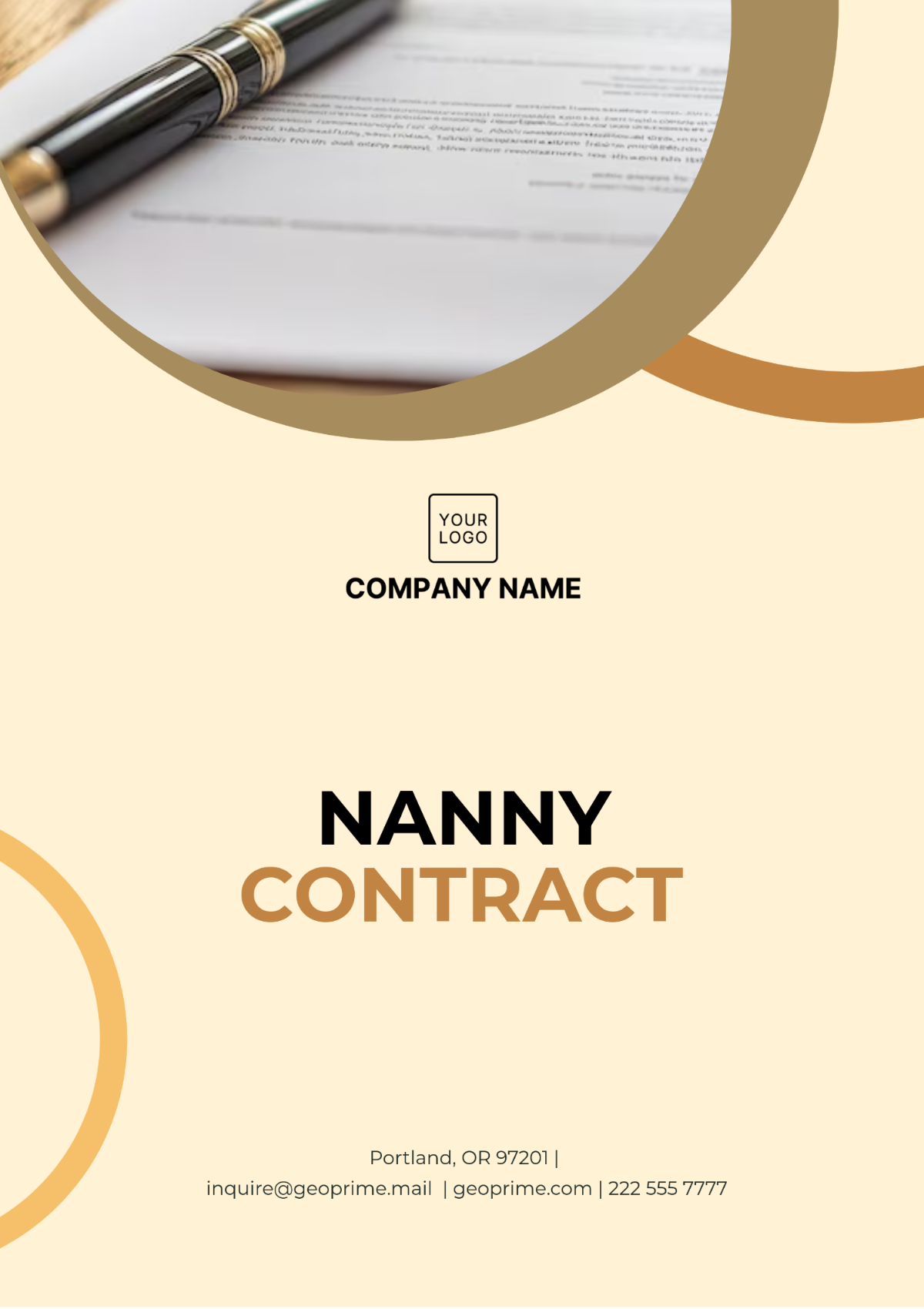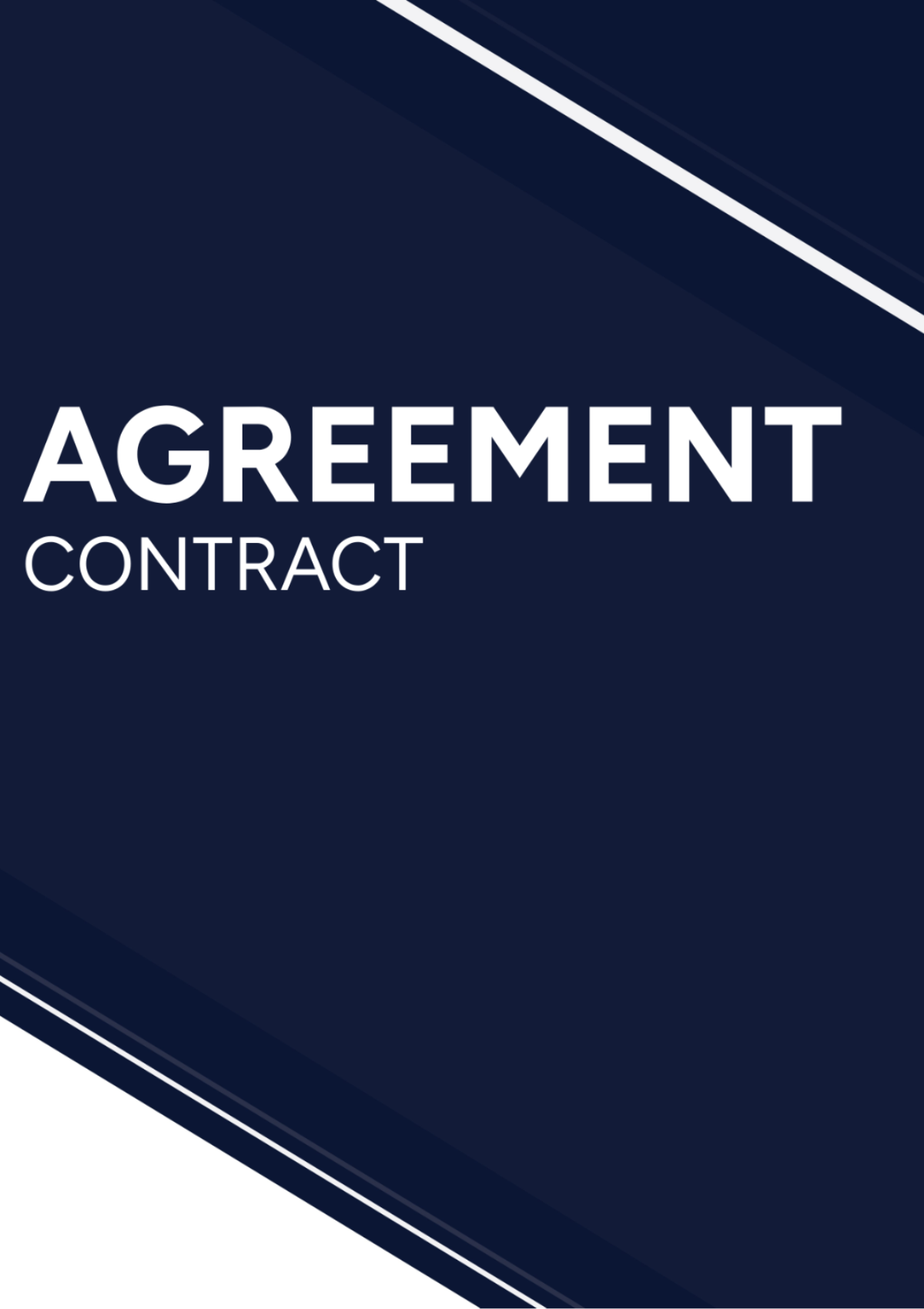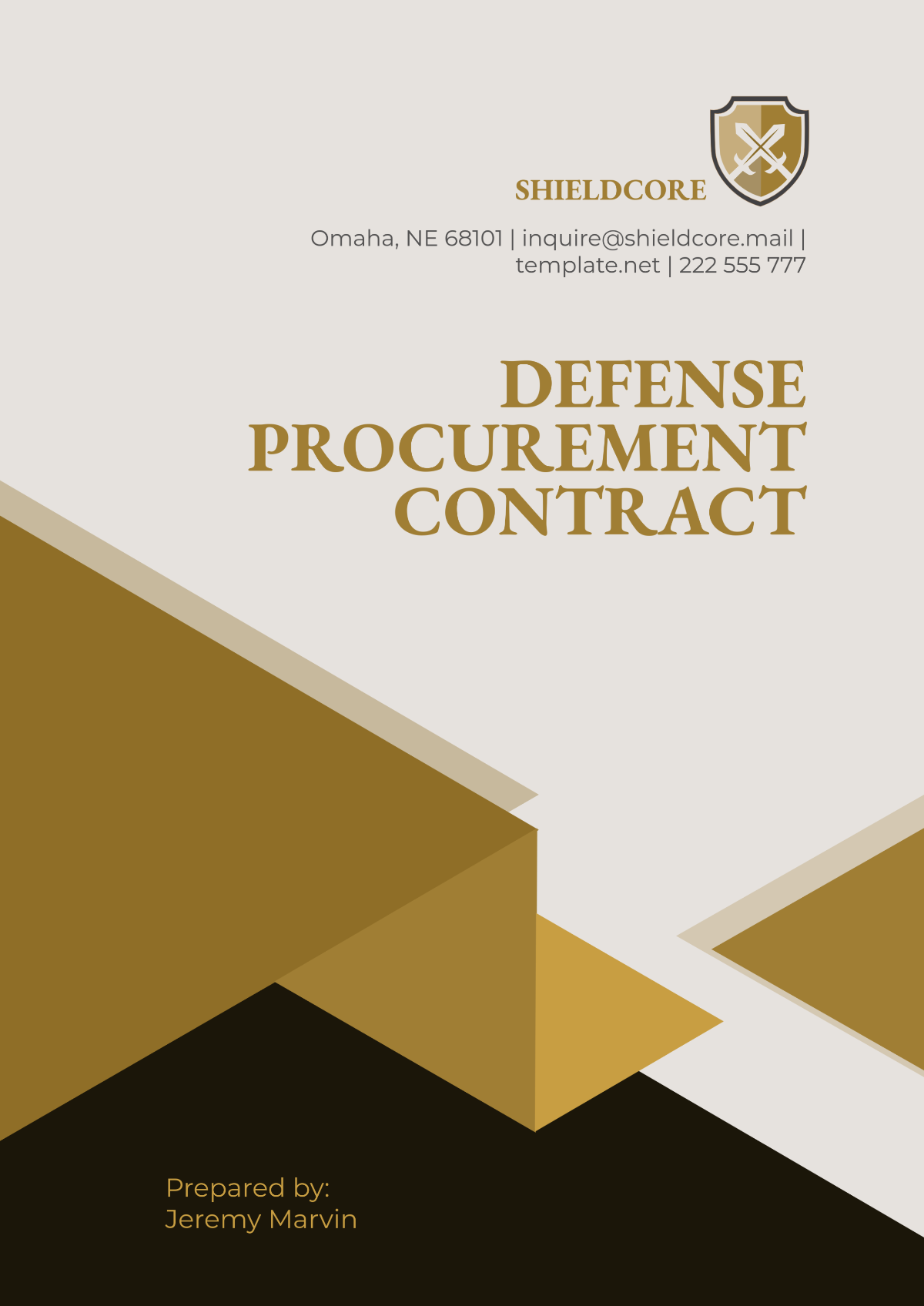Sales Curriculum for Contract
Management Training
Training Overview
The Sales Curriculum for Contract Management Training is a comprehensive and dynamic program carefully designed to empower our sales professionals with a profound understanding of the pivotal role that contract management plays within the sales process. In today's complex business landscape, the ability to effectively create, navigate, and manage contracts is not only a skill but a competitive advantage.
Our training program is meticulously crafted to cater to a diverse audience within our sales teams, including sales representatives, sales managers, and contract administrators. It acknowledges that each role within the sales function interacts with contracts in unique ways, and thus, this training caters to these distinct needs, enabling participants to gain a holistic understanding of the end-to-end contract management process.
As we navigate through the modules of this curriculum, participants will embark on a transformative journey of knowledge and skill acquisition. By the program's conclusion, they will possess a well-rounded comprehension of contract management principles and best practices, significantly enhancing their ability to successfully navigate the intricate world of contracts.
Contract management is not merely a task; it's a responsibility that bears legal, financial, and operational implications. The significance of this training extends beyond the individual; it underpins our organization's commitment to professionalism, compliance, and excellence in client engagement. By investing in the development of our sales professionals through this curriculum, we reinforce our dedication to transparent, accountable, and legally sound business practices.
This curriculum embodies our commitment to knowledge sharing, ensuring that every participant emerges from the training as a well-informed and proficient contract manager. As they progress through each module, participants will gain practical skills, theoretical insights, and an awareness of legal and compliance considerations that will help them confidently navigate the intricacies of contract management.
By fostering a culture of continuous learning and development through this training program, we empower our sales professionals to not only meet but exceed client expectations. Moreover, we equip them with the tools to mitigate risks, facilitate successful negotiations, and maintain effective client communication, all while adhering to the legal and regulatory requirements that govern the world of contracts.
Module 1: Introduction to Contract Management
Learning Objectives
Understand the Significance of Contract Management: This module aims to convey the fundamental importance of effective contract management in the sales process. Participants will gain a profound awareness of how contracts serve as the backbone of business relationships and revenue generation.
Define Key Contract Management Terminology: It's essential to establish a common language for discussing contracts. This section introduces participants to the critical terminology used in contract management, ensuring that they can communicate effectively and with precision.
Legal and Compliance Considerations: Contracts are not just business documents; they are legally binding agreements. In this segment, participants will delve into the legal and compliance framework that underpins contract management. They will learn the significance of adhering to legal requirements and industry-specific regulations, safeguarding the interests of both our organization and our clients.
Topics
1. Why Contract Management Matters
This topic explores the pivotal role of contract management in the sales process. Participants will uncover how contracts are the core of client relationships and the foundation upon which business transactions are built. They will learn how effective contract management can lead to enhanced client satisfaction, risk mitigation, and revenue growth. Real-world case studies and success stories will illustrate the tangible benefits of sound contract management practices.
2. Key Contract Management Terminology
Effective communication is at the heart of successful contract management. In this segment, participants will be introduced to a glossary of key contract management terms and concepts. They will gain clarity on terms such as "contract lifecycle," "deliverables," "compliance," and "amendments." A shared understanding of these terms will facilitate efficient discussions and negotiations in subsequent modules.
3. Legal and Compliance Considerations
Contracts are not just about deals; they also have a legal dimension. In this part of the module, participants will explore the legal and compliance landscape that influences contract management. They will gain insights into contract law, data protection regulations, and any industry-specific requirements relevant to our business. Understanding these legal and compliance aspects is crucial for ensuring that contracts are not only business-aligned but legally sound.
Module 2: Types of Contracts in Sales
Learning Objectives
Identify the Various Types of Contracts: Participants will explore the rich landscape of contracts used in sales. By the end of this module, they will be able to recognize and distinguish between the different types of contracts commonly encountered in the sales environment.
Recognize the Differences and Commonalities: Understanding the nuances and similarities among contract types is crucial. Participants will discern how sales agreements, service contracts, and purchase orders share commonalities while also having distinct characteristics that cater to specific business scenarios.
Topics
1. Sales Agreements
Sales agreements are the lifeblood of the sales process. This topic delves into the world of sales agreements, explaining how they encapsulate the terms and conditions under which products or services are sold. Participants will learn how to navigate the intricacies of pricing, payment terms, delivery schedules, and warranties. Real-world examples of effective sales agreements will illuminate the role these documents play in sealing successful deals.
2. Service Contracts
For organizations offering services, service contracts are the linchpin of client relationships. This part of the module explores service contracts, providing insights into their unique characteristics. Participants will understand how service contracts define the scope of services to be provided, including service levels, duration, and terms of payment. The module emphasizes the significance of clearly defined service terms and performance metrics.
3. Purchase Orders
Purchase orders often initiate sales agreements and are a critical aspect of business-to-business transactions. Participants will discover the role of purchase orders in the sales process, particularly when they are initiated by clients. This topic also addresses how sales professionals should respond to and process purchase orders effectively. Participants will understand the need for accuracy, responsiveness, and consistency when dealing with purchase orders.
4. Customization and Tailoring
The sales landscape is diverse, and clients have unique needs. In this segment, participants will learn about the importance of customizing and tailoring contracts to fit the specific requirements of clients. Case studies and practical exercises will demonstrate how customization can lead to increased client satisfaction and stronger relationships.
Module 3: The Contract Creation Process
Learning Objectives
Master the Step-by-Step Contract Creation Process: In this module, participants will gain a deep understanding of the entire contract creation process, from inception to finalization. They will develop the skills necessary to create contracts that are clear, legally sound, and aligned with the business's goals.
Recognize the Importance of Each Stage: Participants will comprehend why each stage of the contract creation process is vital. By the end of this module, they will recognize that successful contract creation is not just about drafting; it involves meticulous review, editing, and finalization to ensure accuracy and compliance.
Topics
1. Step 1: Drafting the Contract
This critical stage marks the beginning of the contract creation process. Participants will learn how to draft contracts that encapsulate the agreed-upon terms and conditions. Emphasis will be placed on clarity, precision, and the use of plain language to enhance understanding. Participants will explore the significance of clearly defined obligations, deliverables, and timelines.
2. Step 2: Reviewing and Editing
Successful contract management is synonymous with thorough review and editing. In this segment, participants will delve into the importance of critical reviews that aim to identify errors, inconsistencies, and potential risks. They will understand the collaborative nature of this stage, involving input from multiple stakeholders, including legal experts and contract administrators.
3. Step 3: Finalizing the Contract
Finalization represents the culmination of the contract creation process. Participants will explore the steps involved in finalizing contracts, including obtaining necessary approvals and signatures. The module will highlight the importance of sending the contract to the client promptly and ensuring that all parties have fully executed copies. Participants will recognize the significance of creating a clear audit trail for reference and accountability.
4. Drafting Best Practices
Excellence in drafting is a cornerstone of effective contract creation. This topic will provide participants with best practices in drafting, including the use of standard language, the incorporation of dispute resolution clauses, and the inclusion of contingency provisions. Case studies and examples of well-drafted contracts will illustrate the benefits of adhering to drafting best practices.
Module 4: Effective Contract Negotiation
Learning Objectives
Develop Advanced Negotiation Skills: This module aims to empower participants with the skills and knowledge necessary to engage in successful contract negotiations. By the end of this module, they will possess advanced negotiation techniques that enhance their ability to secure favorable outcomes while maintaining strong client relationships.
Understand the Art of Win-Win Negotiations: Participants will recognize the art of achieving win-win outcomes during negotiations. They will understand that negotiations should be seen as collaborative processes, where both parties benefit, aligning with our organization's commitment to client satisfaction and long-term partnerships.
Topics
1. Preparing for Negotiations
Effective negotiation begins with thorough preparation. Participants will explore the art of preparing for negotiations, which includes understanding the client's needs and preferences. They will learn to gather information about the client's business, industry, and potential pain points. Additionally, participants will appreciate the significance of setting clear negotiation objectives and having a well-thought-out plan.
2. Effective Negotiation Strategies
Negotiation is both an art and a science. In this segment, participants will dive deep into proven negotiation strategies that lead to successful outcomes. They will learn the importance of active listening, allowing them to understand the client's perspective fully. Moreover, they will explore problem-solving techniques that enable them to find common ground and craft solutions that satisfy both parties.
3. Handling Client Concerns
Addressing client concerns is a critical aspect of effective negotiation. Participants will gain insights into how to deal with client objections and concerns professionally and empathetically. They will learn techniques for diffusing tense situations and transforming objections into opportunities for compromise and agreement.
4. Navigating Common Negotiation Challenges
Negotiations can be complex, and challenges often arise. In this part of the module, participants will explore common negotiation challenges such as price haggling, scope changes, and last-minute revisions. They will be equipped with strategies to navigate these challenges effectively, ensuring that negotiations stay on track and lead to mutually beneficial agreements.
Module 5: Internal Contract Review and Approval
Learning Objectives
Comprehend the Importance of Internal Review: In this module, participants will grasp the significance of the internal contract review process. They will understand that this stage is crucial for ensuring that contracts are not only legally sound but also aligned with our business objectives.
Establish Clear Approval Workflows: Participants will learn the essentials of establishing clear approval workflows for contracts. They will appreciate the need for a systematic process that ensures that contracts receive the necessary approvals before moving forward.
Topics
1. Internal Review and Compliance
Internal review is a critical stage in contract management. Participants will explore why this stage is indispensable for ensuring that contracts meet compliance standards and are accurate. They will understand that this process often involves legal experts, compliance officers, and contract administrators who meticulously assess contracts for legal soundness, accuracy, and alignment with company policies.
2. Approvals and Signatures
This segment delves into the importance of obtaining necessary approvals and signatures. Participants will recognize that specific individuals or departments within the organization hold the authority to approve contracts. The module will provide practical insights into how to navigate the approvals process, ensuring that contracts move forward efficiently and with full authorization.
3. Establishing an Approval Workflow
A systematic approval workflow is key to the efficient management of contracts. Participants will learn how to establish and document approval workflows that outline the order of approvals required and the criteria that must be met before a contract can progress to the next stage. They will appreciate the value of a structured workflow in ensuring that no essential approvals are overlooked.
Module 6: Client Communication in Contract Management
Effective communication with clients regarding contract terms and conditions is key to successful contract management. In this module, participants will be equipped with the skills and knowledge necessary to engage with clients professionally. They will learn how to address client questions and concerns, ensuring transparency and clarity throughout the process.
Module 7: Risk Management in Contract Management
Risk management plays a critical role in contract management. In this module, participants will focus on identifying potential risks associated with contract terms and conditions. Strategies for mitigating these risks will be explored, including the involvement of legal experts in managing high-risk contracts.
Module 8: Record Keeping and Revision Tracking
Comprehensive record keeping and revision tracking are essential for maintaining transparency and accountability in contract management. In this module, participants will learn how to maintain organized records of contracts, as well as track revisions effectively. This knowledge ensures that all parties are aware of the latest contract versions and changes.
Module 9: Tips, Best Practices, and Pitfalls to Avoid
This module offers valuable tips and best practices for successful contract management. Participants will learn from common pitfalls and receive guidance on avoiding them. Real-life case studies will illustrate the consequences of these pitfalls, providing practical insights to enhance contract management skills.
Module 10: Legal Resources and Glossary
Access to legal resources and references for contract management is crucial. In this final module, participants will discover in-house legal contacts within the organization and access legal references and citations relevant to their roles. Additionally, a glossary of legal terms will be provided to enhance their understanding of the legal language and terminology used in contracts.
Assessment and Certification
The training will culminate in a final assessment that evaluates participants' understanding of contract management concepts. Upon successful completion of the assessment, participants will receive certificates, recognizing their achievement and competence in contract management.

















































